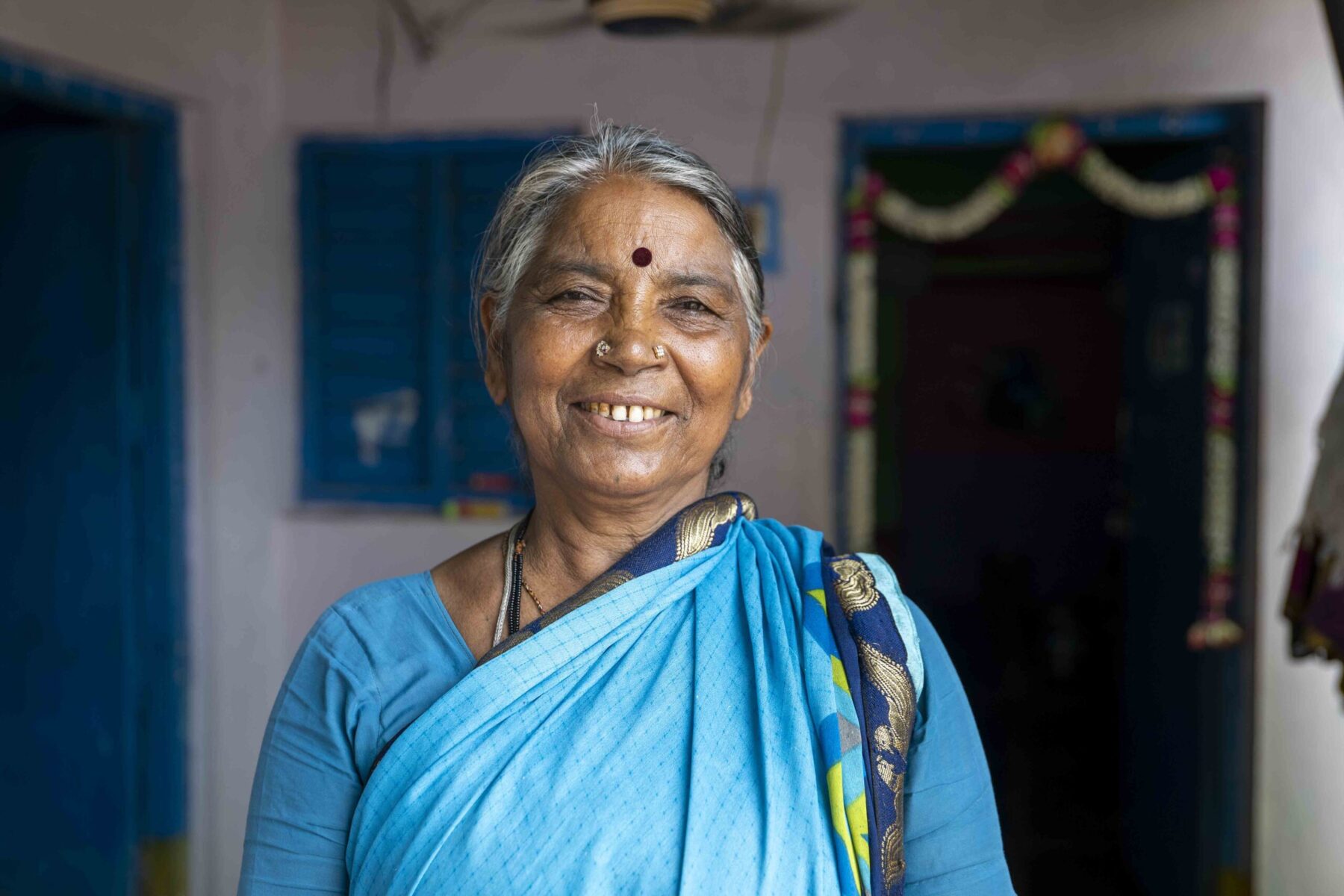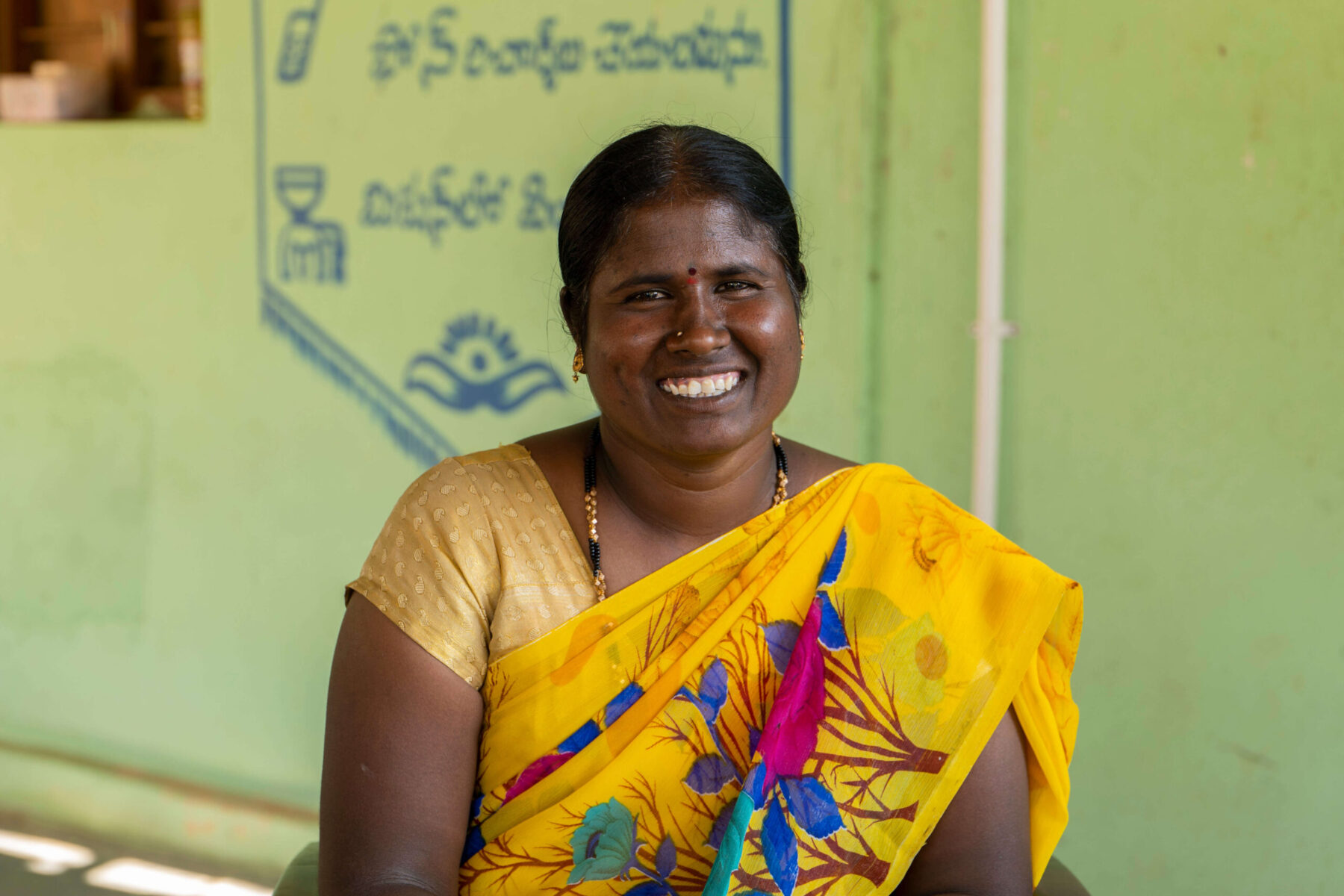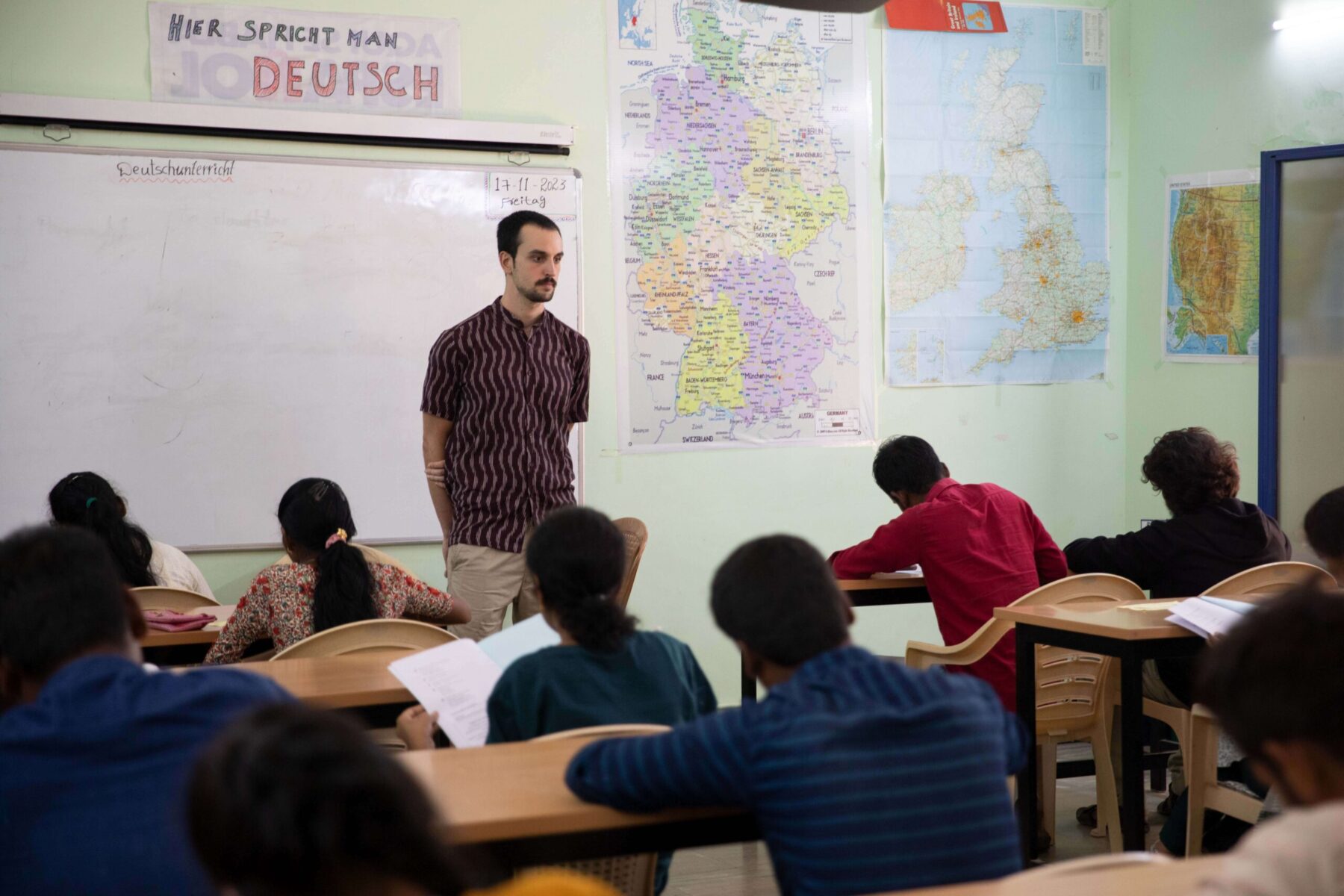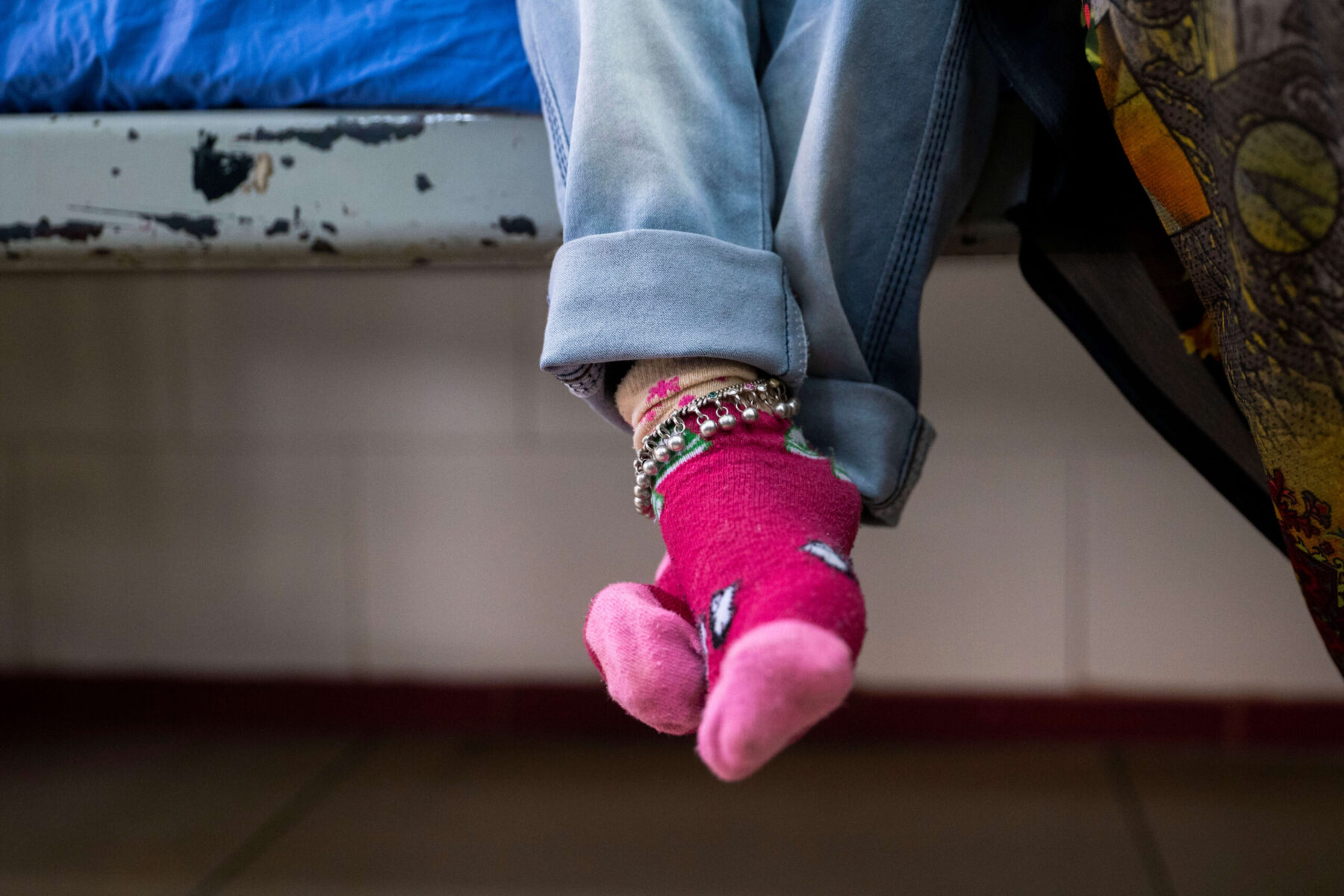By Zulekha Islam
All children are special and so are their needs, and this includes children who are at risk of developing disabilities or have special needs. Here in the Rural Development Trust we take responsibility of those ‘special needs’ by providing assistance with a systematic early intervention plan.
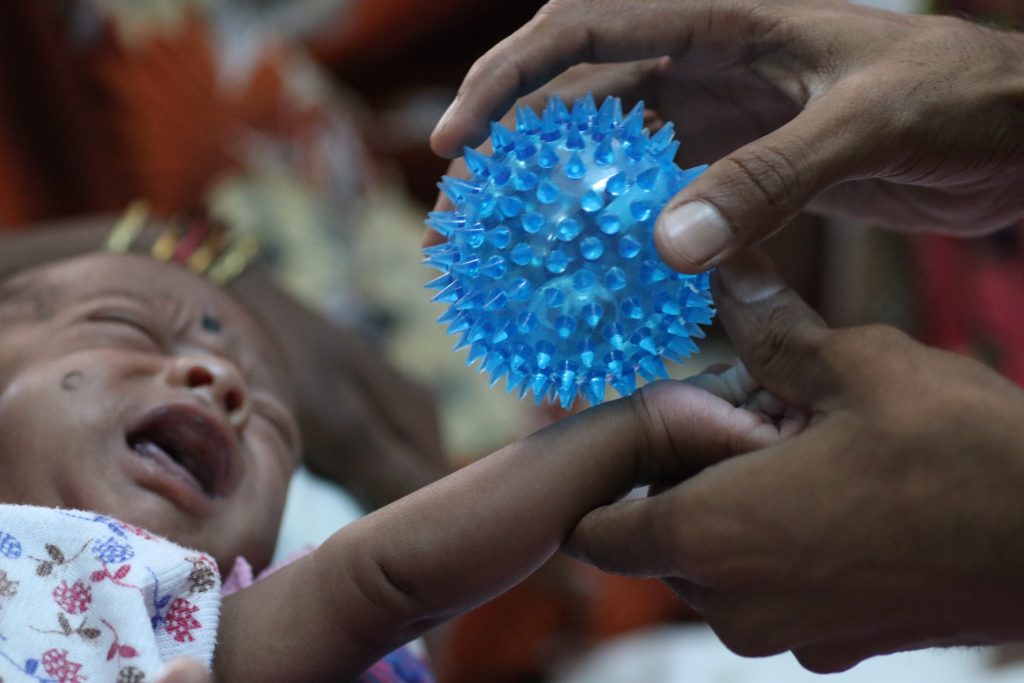
This means providing specialised support to children and families in the early years after birth to tackle his or her developmental, health and support needs and lessen the effects of the delay or disability.
Recent studies have proved that Early Intervention and Stimulation can help minimise the problems of a child with either high or low risk to a great extent. Due to the plasticity property of the brain, the damaged or weak parts of the brain do start functioning, albeit not as efficiently as the normal brain.
Our services focus on five developmental areas: physical and cognitive development, communication, social or emotional and adaptive development. We work with children in different groups from birth to the age of five, whether they are at low or high risk, they have a full impairment, or other degrees of severity.
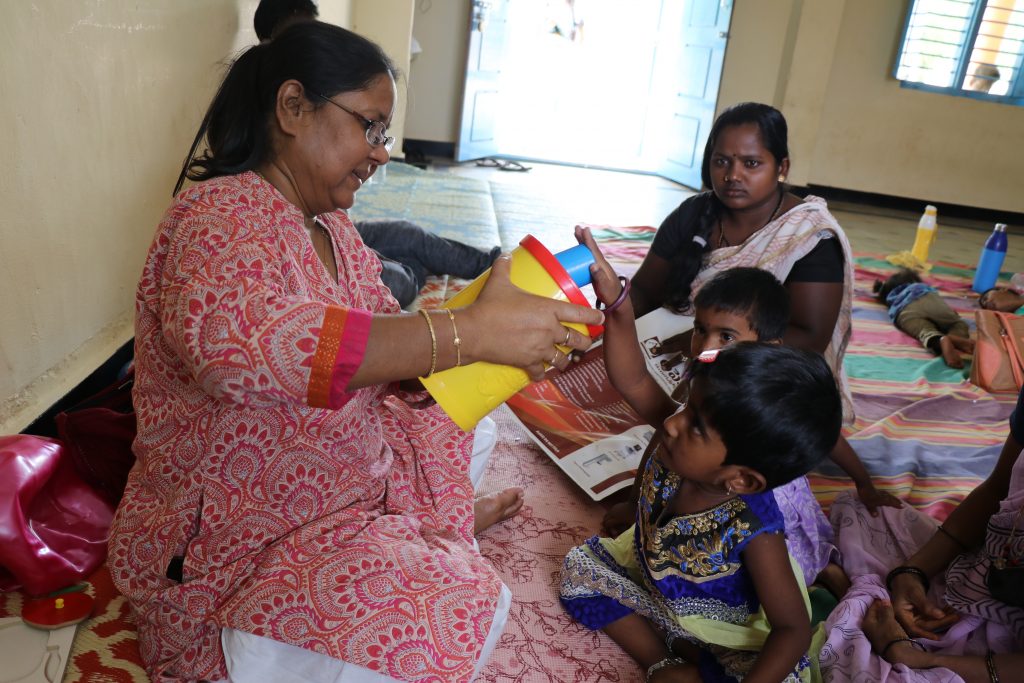
Our work is not only with them but also with their families as they are the crux of early intervention. The programme includes family education and counselling, home visits, and parent support groups.
How do we intervene? We provide stimulation. Stimulation means giving a child a variety of opportunities to experience, explore and play with things around. It involves body movements and the use of all the senses, specially seeing, hearing and touching.
Learning and development are at their highest rate in the preschool years. For children without disabilities, stimulation often comes naturally and easily through interaction with other people and things. For children with disabilities it is much more difficult and they risk missing some of the most important learning and developmental milestones.
Sense organs are the doors to the outer world for learning skills and gaining knowledge. We stimulate these organs so that the brain can be activated. Early intervention and stimulation keeps them in the learning path so they can make the most of their abilities and skills.
Early Intervention is the need of the hour. We, at RDT, started some services for young children with cerebral palsy in early 2000 in the Madakasira region. However, the programme got its momentum in 2009 with the support and guidance from Mercè Leonhardt, from ONCE, a large Spanish organisation working for the inclusion of people with visual disabilities.
Currently, we conduct monthly 63 camps and render services to more than 450 children every month. We have developed a strong network with our hospitals in coordination with paediatricians and conduct awareness sessions with mothers of children admitted at the Neonatal ICU because of traumatic birth.
We have to make sure that not a single child who needs Early Intervention and stimulation is left behind because their name is TODAY.
About the author:
 L. Zulekha Islam was born and brought up in Guwahti, Assam, North East India. She did her school and college in Guwahti. Joined a centre for special education in Guwahti as a Volunteer in 1999 after completing her graduation. Then she did a PG Diploma in Teaching Children with Multiple Disabilities from Indian Institute of Cerebral Palsy, Kolkata. She has Master Degree in Education and Social Work. Before joining RDT in 2010, she worked as a VSO Volunteer. She worked in Sri Lanka, Ghana and Vietnam in various capacities from special educator to trainer and Policy Analyst in Inclusive Education.
L. Zulekha Islam was born and brought up in Guwahti, Assam, North East India. She did her school and college in Guwahti. Joined a centre for special education in Guwahti as a Volunteer in 1999 after completing her graduation. Then she did a PG Diploma in Teaching Children with Multiple Disabilities from Indian Institute of Cerebral Palsy, Kolkata. She has Master Degree in Education and Social Work. Before joining RDT in 2010, she worked as a VSO Volunteer. She worked in Sri Lanka, Ghana and Vietnam in various capacities from special educator to trainer and Policy Analyst in Inclusive Education.


